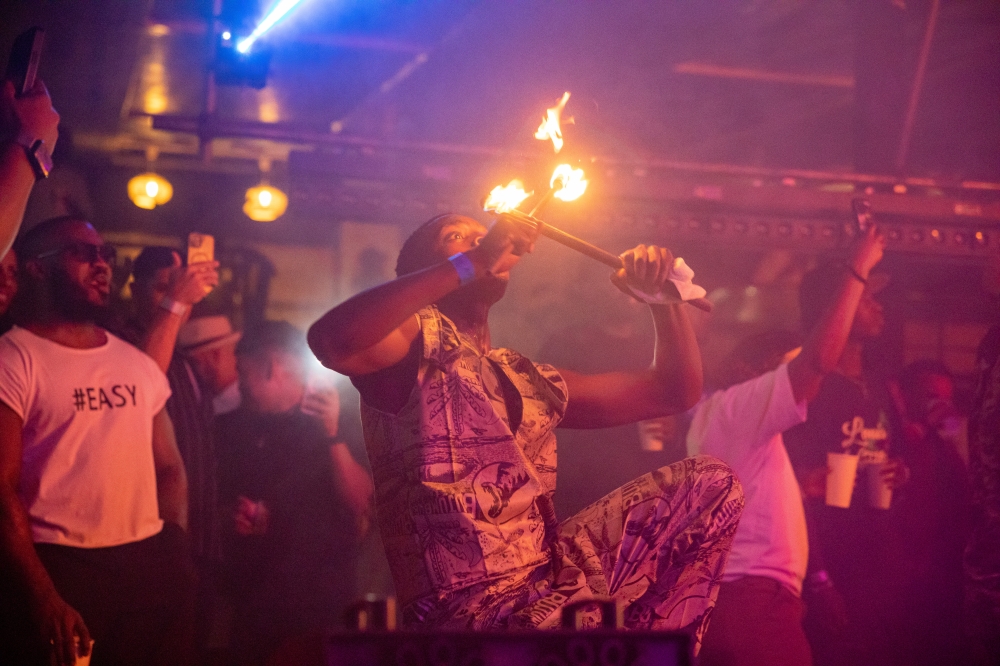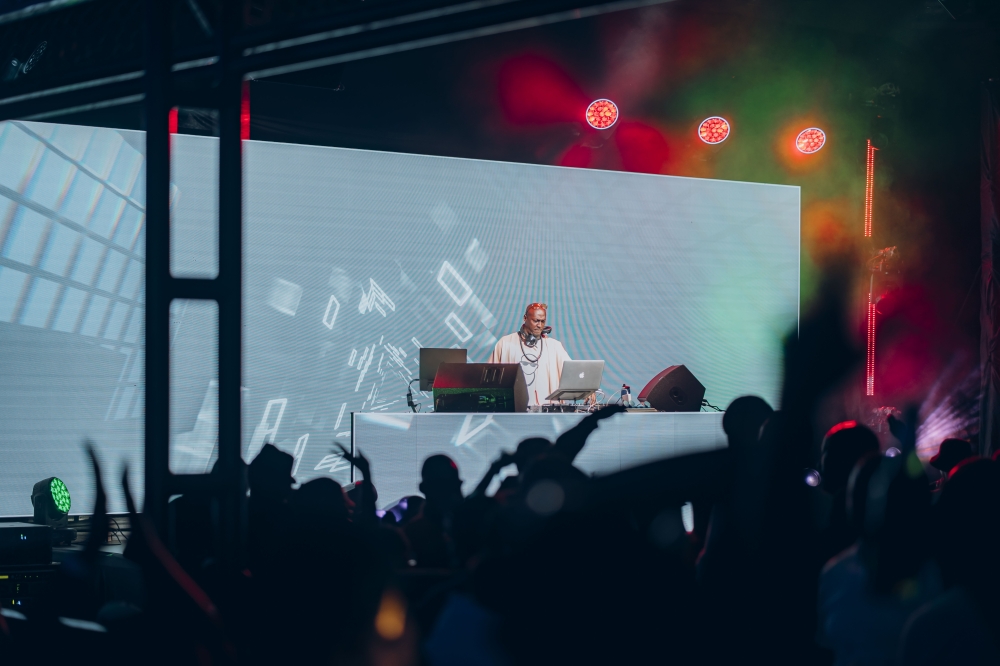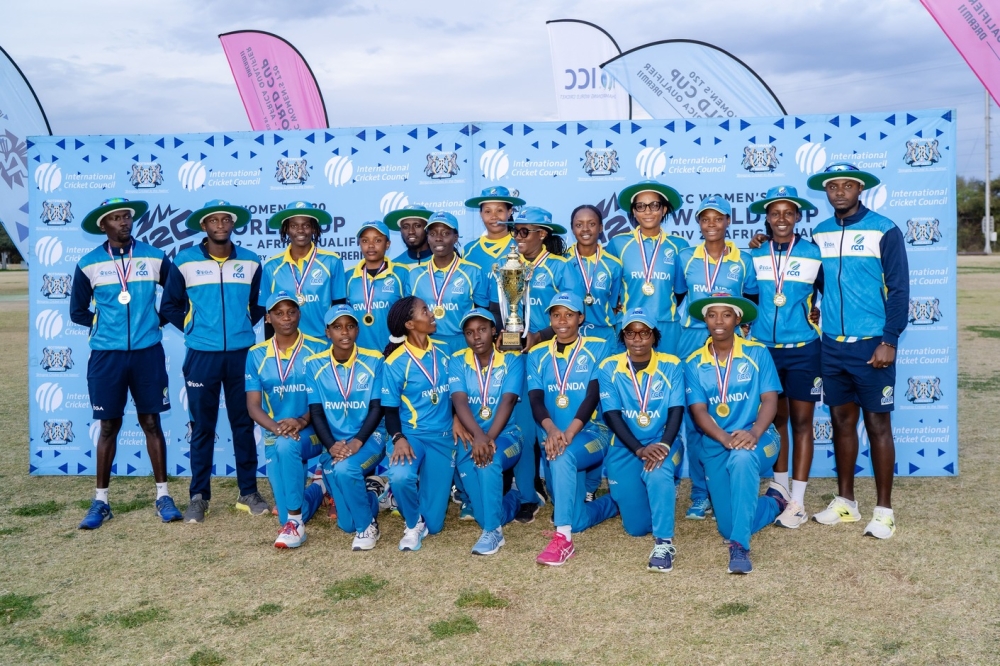At a time when Rwandans recall the 1994 Genocide against the Tutsi, that forever changed their lives, it is important to draw attention to the miracles of post-genocide Rwanda.


At a time when Rwandans recall the 1994 Genocide against the Tutsi, that forever changed their lives, it is important to draw attention to the miracles of post-genocide Rwanda.
The will to live and, yes, to thrive –to create a post-genocide culture that acknowledges the past and yet chooses its future is Rwanda’s important gift to the world. It speaks to the honor and integrity of its people and its leaders—and reminds all of us that recovery and renewal are the hallmarks of a healthy and hopeful society. I have been to Rwanda six times in the past four years and have visited the Kigali Genocide Memorial Center each time. The fact that it records and memorializes not only its own tragedy but the tragedies of all genocides speaks volumes to the humanity and wisdom of the Rwandan people.Genocides are unspeakable and incomprehensible—and yet they must be put before the people so that they can understand how they happened in order to ensure that they will not happen again. Rwanda has taken charge of its own destiny and therein lays its success. Through old and new traditions they have shaped the post genocide world, determining to restore normalcy-- or more accurately-- create a new normalcy—built on the infrastructure of sound judgment with regard to guilt and innocence—delivered in a system at once pragmatic and just. Their unique approach to truth and reconciliation, the Gacaca Courts, serve as a model to the world. However dealing with the past is essential but not sufficient. It is the foundation on which the future is built. Rwanda’s future is dependent on self-reliance, education, good governance, entrepreneurship and vision. Vision acknowledges that the nation, as all free nations, is a work in progress—never a finished and closed system. There is always room for improvement—and that requires the energy and ingenuity of the people—and the sense that the people are the responsible parties. The people live in two worlds—the private world of family and friends and the public sphere—where they assume responsibility for the public good—for the future of their community and their nation. That responsibility, I believe, is the greatest privilege a person can have—and informed and engaged citizens are the most important "insurance” a nation can have that it will not slip back into an unacceptable reality, but rather create its own reality—a reality that calls for freedom and justice for all.






